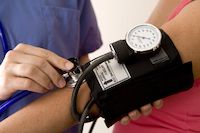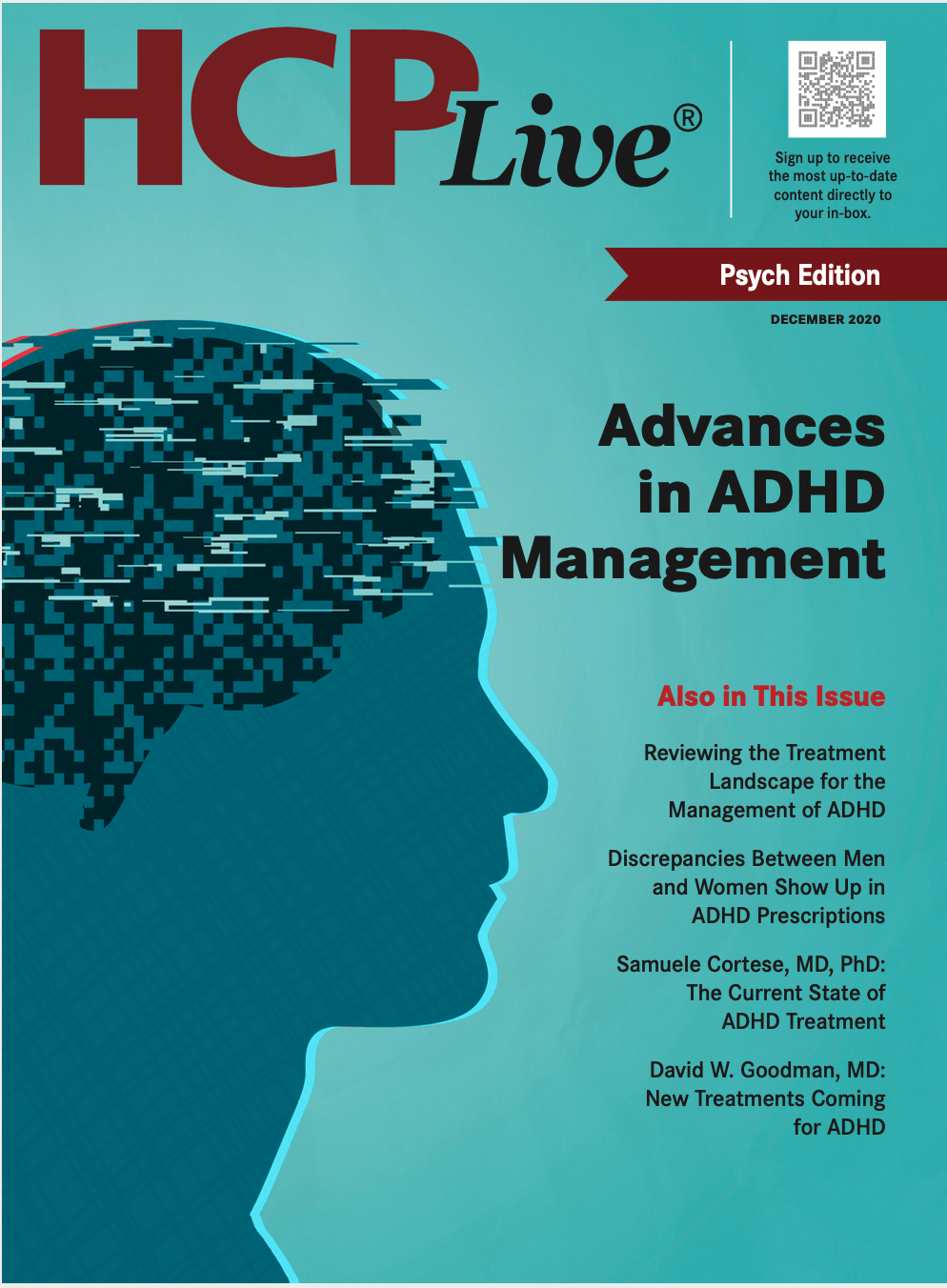Maternal Hypertension Increases Risk of Mental Health Disorders in Children
New research suggests the presence of a maternal hypertensive disorder predicts increased risk of childhood mental disorder, regardless of mental disorder status of the parents.

While a renewed emphasis on women’s cardiovascular health has brought forth a multiple of studies examining long-term impact of cardiovascular disorders in recent years, a new study suggests the children of women with maternal hypertensive disorders may be at a greater risk of mental health disorders.
Using a cohort of more than 4500 Finnish women, investigators found preeclampsia predicts increased risk of childhood mental disorder, regardless of mental disorder status among parents—the first study to establish such a link.
“The findings emphasize the need for preventive interventions and treatments for maternal hypertensive disorders, since such interventions have the potential to benefit both the well-being of the expectant mother and her offspring,” said lead investigator Marius Lahti-Pulkkinen, PhD, a docent at the University of Helsinki in Finland, in a statement. “The findings also shed important new light on the etiology of childhood mental disorders.”
In an attempt to build upon research relating to maternal hypertensive disorders and mental health of children, Lahti-Pulkkinnen and a team of colleagues conducted the current study using data from the Prediction and Prevention of Preeclampsia and Intrauterine Growth Restriction (PREDO) study. From the study, investigators identified a cohort of 4743 women for their analysis.
Of note, PREDO included 4777 Finnish women and their singleton born children born between 2006-2010, but 34 were excluded from the current study. The age range of children at the time of analysis was 6.4-10.8 years.
Information obtained from the PREDO study includes measurements of systolic blood pressure (SBP) and diastolic blood pressure (DBP) as well as information related to maternal and paternal mental health disorders. For the purpose of the analysis, investigators examined the incidence of any childhood mental disorders, psychological development disorders as well as behavioral and emotional disorders—identified through use of ICD codes—as outcomes.
Covariates included in the investigators’ analysis included maternal smoking status, alcohol use, parity, age at delivery, education level, and lifetime diagnosis of maternal and paternal mental disorders. Other covariates included were presence of paternal hypertensive disorders, offspring sex, and offspring birth year.
Of the 4743 women, 200 had chronic hypertension, 4 had unspecified hypertension, 263 had gestational hypertension, and 209 had preeclampsia during the current pregnancy and 333 hypertensive disorders only before the current pregnancy.
Results of the investigators’ analyses revealed multiple associations between maternal gestational and chronic hypertension, preeclampsia, and the severity with risk of childhood mental disorder in offspring. Investigators noted the associations seen between mental disorders and preeclampsia (HR, 1.66; 95% CI, 1.14—2.42) and severe preeclampsia (HR, 2.01; 95% CI, 1.08– 3.73) were independent of all covariates included.
Additionally, results indicated the combination of obesity and diabetes with maternal hypertensive disorder increased the cumulative incidence of mental disorders among children from 6.6% to 22.2%.
“While previous studies have shown significant effects of preeclampsia on ADHD, autism spectrum disorder and schizophrenia in the offspring, a novel aspect of our findings was that the predisposing effects of maternal preeclampsia extended to any childhood mental disorder in the offspring,” said Lahti-Pulkkinen, in the aforementioned statement.
This study, “Maternal Hypertensive Pregnancy Disorders and Mental Disorders in Children,” was published in Hypertension.
